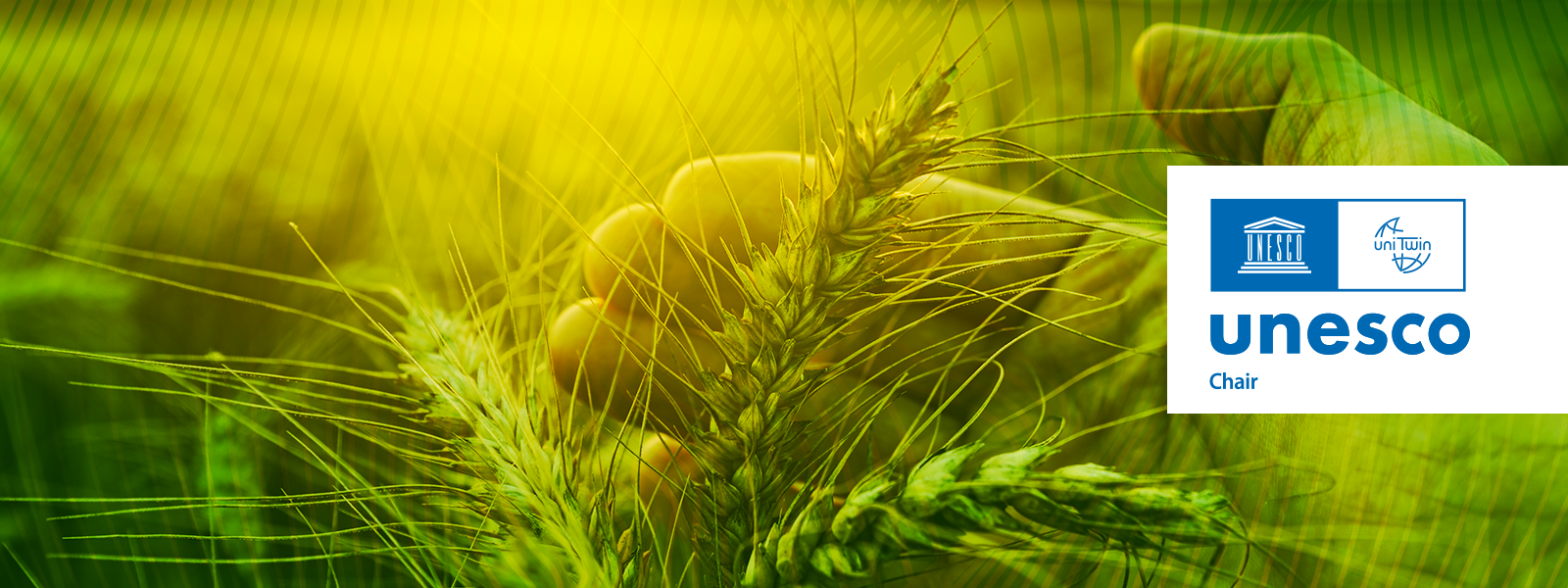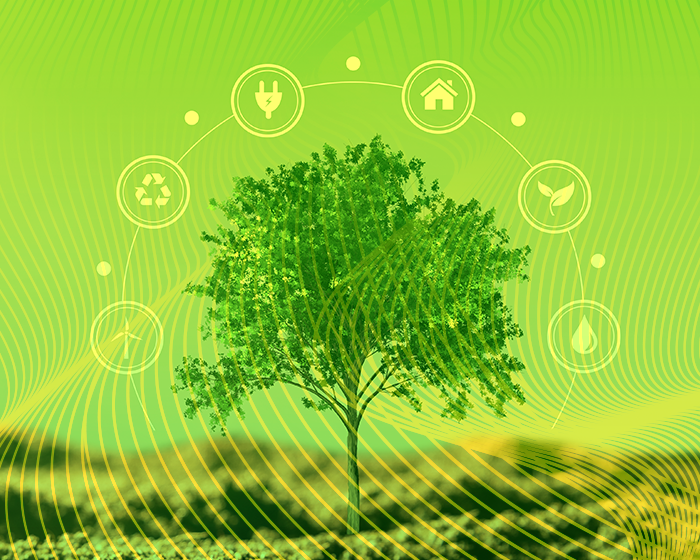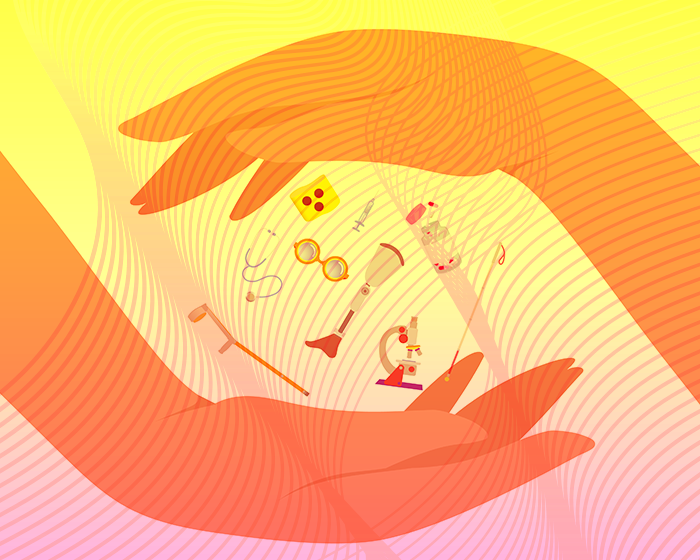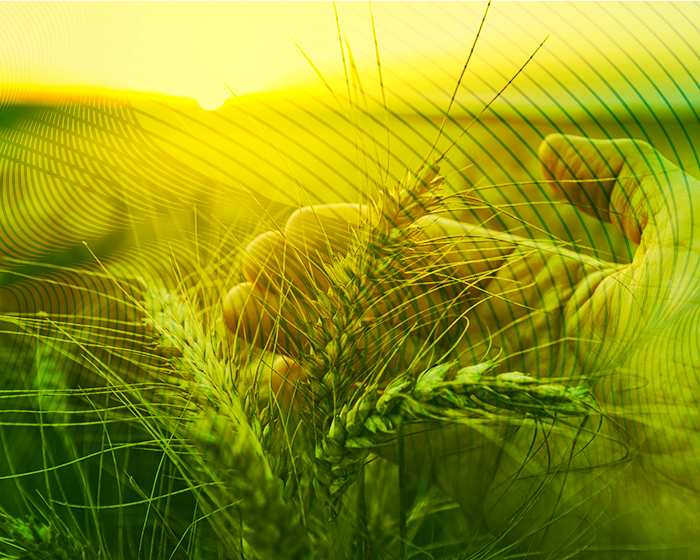Sustainable Food Futures

About this Programme
The futures of food and of food security are central to sustainable development and equality. What and how we consume makes big differences to greenhouse gas emissions, to the availability of food and on humanity's capacity to produce good quality food for all.
The programme contributes to SDGs 1,2,8,10,15, principally SDG 2 Zero Hunger.
Example Projects
Household food consumption decisions in the context of food and nutritional security
Dr Lilian Korir’s research provides empirical evidence and insights about Kenya’s food security situation. Her empirical approach focused on the economic analysis of household food consumption decisions in the context of food and nutritional security. The UNESCO Chair activities help to consolidate this work and to reach other institutions and stakeholders, for example via workshops.
The economic impact of soil salinization and the potential for saline agriculture
Dr Eric Ruto's study of the economic impact of soil salinization and the potential for saline agriculture (e.g. producing halophytes) provides a framework for economic risk assessment in regions where salinity poses a significant threat to agricultural production and to local or national economies, but also an opportunity to develop alternative renewable sources of biomass.
Investigating images of alternative farming approaches
Dr Carolina Camacho Villa's research on futures of farming is investigating images of alternative farming approaches, models and consequences that result from a greater use of robotic and autonomous technologies to establish more sustainable methods in agri-food production. The insights from her UK studies will have implications for global food security.
More Programmes
---
The designations employed and the presentation of material throughout this publication do not imply the expression of any opinion whatsoever on the part of UNESCO concerning the legal status of any country, territory, city or area or of its authorities, or concerning the delimitation of its frontiers or boundaries.
The ideas and opinions expressed in this publication are those of the authors; they are not necessarily those of UNESCO and do not commit the Organization.
Connect with Us
 |
 |
 |
 |
 |
 |
Lincoln International Business School, University of Lincoln, Brayford Wharf East, Lincoln, LN5 7AT, UK
Telephone: +44 (0)1522 835509 | Email: libs@lincoln.ac.uk






